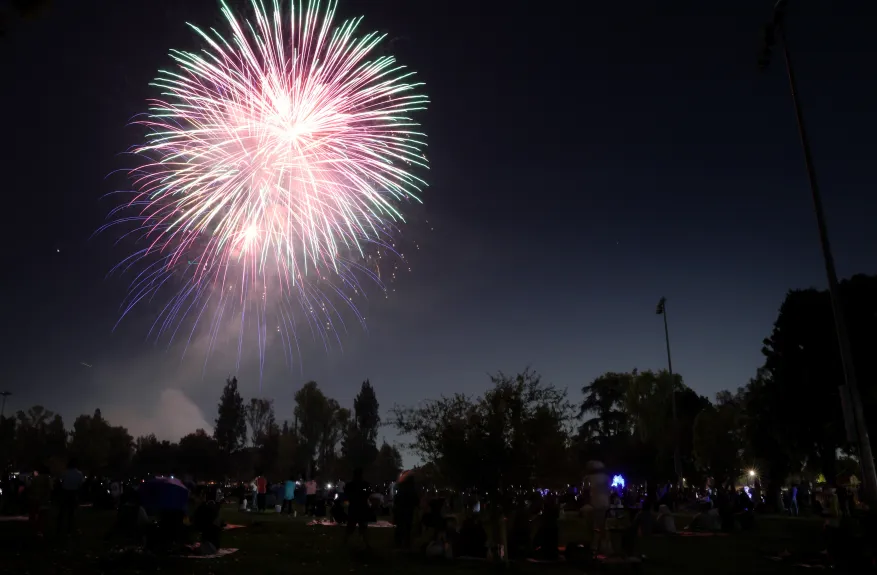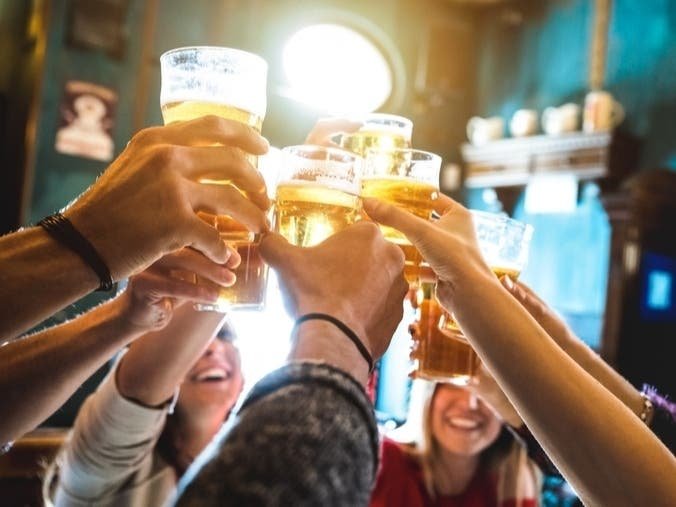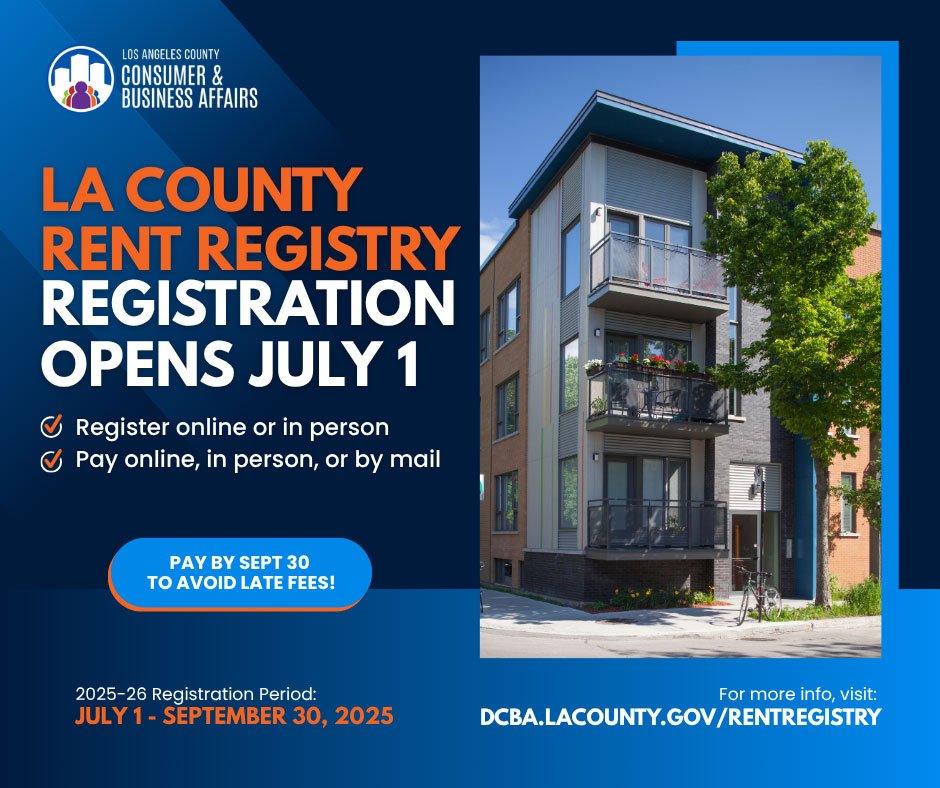
Employees and patrons of Los Angeles County’s bars, breweries, and nightclubs will have to get the first dose of a vaccine by Oct. 7.
Anyone hoping to grab a beer at a bar or nightclub in Los Angeles County will also have to pull out their vaccination card in addition to an official ID starting next month.
Employees and customers of bars, breweries, lounges, nightclubs, and wineries across the county will have to show proof of vaccination against COVID-19, according to a new health order announced Wednesday at the L.A. County Board of Supervisors meeting. The first shot of the vaccine must be administered by Oct. 7, and the second shot by Nov. 4.
The full order is expected to be released Friday, according to county public health Director Barbara Ferrer.
The order will help reduce the risk of the coronavirus’s transmission and increase vaccination coverage across the county, Ferrer told the Board of Supervisors.
“This is a reasonable path forward that will position us to be better able to break the cycle of surges,” she said.
Vaccinations will be recommended, not required, for employees and customers who dine indoors at restaurants.
The vaccine mandate will also be required for outdoor mega-events in the county — which involve 10,000 people or more in attendance — including sporting events, theme parks, and concerts. Proof of vaccination or a negative COVID-19 test taken within 72 hours will be required for entry.
Ferrer said the county will be working with operators of all affected venues to discuss implementation strategies. She noted that the vaccine verification mandate at indoor bars, wineries, breweries, nightclubs, and lounges should not be onerous for the businesses, since they already check patrons’ IDs to ensure they are of legal drinking age.
Asked why the order only recommends vaccinations for patrons and employees at indoor restaurants, Ferrer said activities that occur in a bar — such as dancing and singing — tend to present a higher risk of virus transmission than a sit-down restaurant. She said the order is more targeted at “drinking establishments” without restaurant permits.


